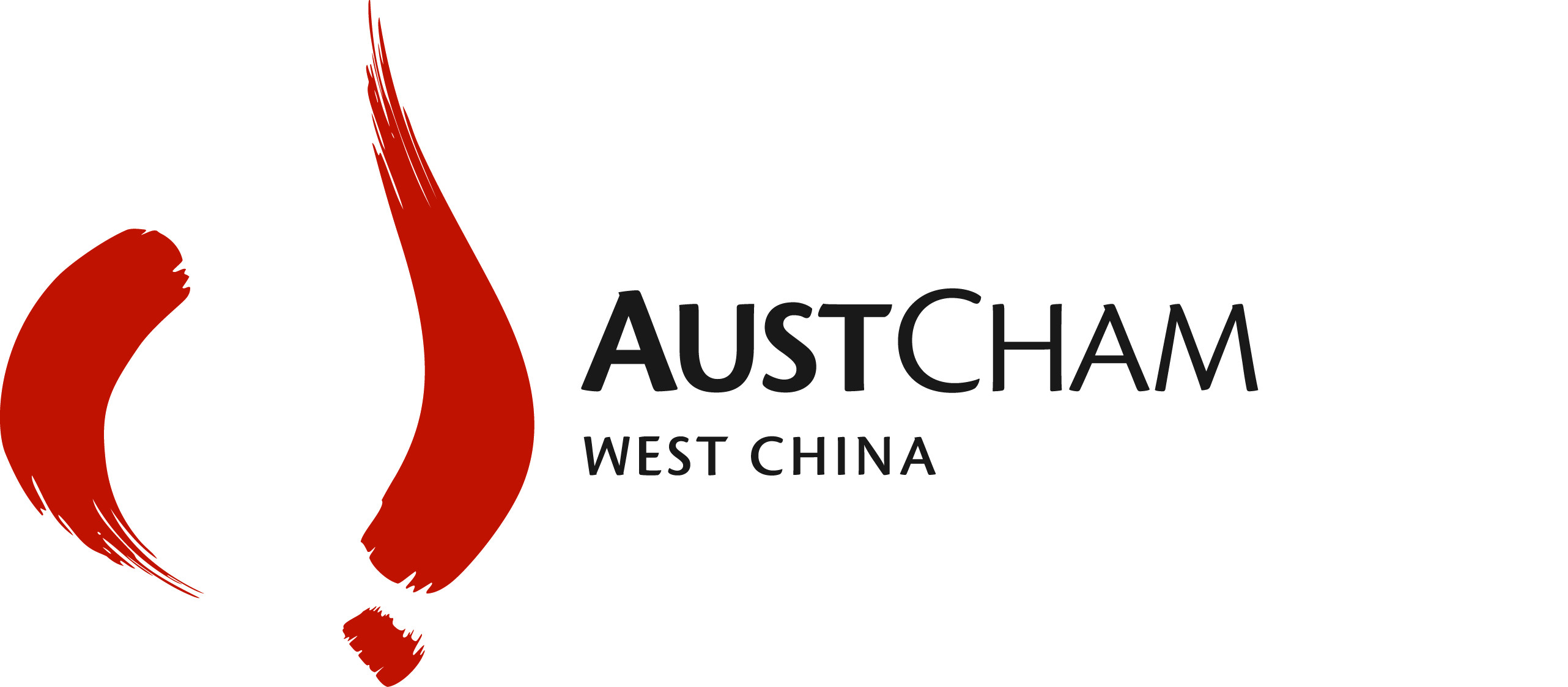Agribusiness stocks falter due to trade regulation confusion
Following confusion surrounding the new Chinese rules regulating cross-border e-commerce Australian agribusiness stocks have been pounded by investors, with stocks sinking 13.2 percent to $176.96 yesterday. Companies impacted by the changes, however, say they do not expect a significant hit to their businesses in the long-term. The recently introduced changes regulate retail goods purchased online, treating them as imported goods rather than the previously recognised personal postal goods, subjecting them to tariffs, import VAT and consumption tax. While Australian agribusiness stocks were hit, Chinese dairy and food companies listed on the Australian share market but which operate within China rose significantly, with the China Dairy Corporation surging more than 30 percent. Click here for the full article.
Aussie farm brand highlighted in China
A video advertising premium Australian agricultural produce will be broadcasted this week during the Australia Week in China (AWIC), with the aims of helping promulgate the strengths and grandness of Australian meat, dairy and wine products. The video further aims to reemphasize to the Chinese people and to the Chinese market that Australian food is “clean, green and safe”. Rapid urbanisation and a burgeoning middle class has created a growing demand for food in China, with projections estimating that Chinese food demands will double, reaching $1 trillion AUD, by 2050. Australian food products in China remain desirable because Chinese consumers trust Australian agrifood products. Click here for the full article.
Ministry reports China’s drinking water is up to standard
According to a statement issued on Monday by the Ministry of Water Resources China’s deep underground drinking water sources are safe, following a news report suggesting that a large percent of water in China’s aquifers were not up to standard. Chen Mingzhong, an official for the ministry articulated that most of the country’s water extracted for human consumption is taken from deep underground, not near the surface, so there is little to no risk of contamination. The ministry highlighted that the report by National Business Daily had misquoted the ministry in a report monitoring 2,100 wells in China, none of which were used for drinking water. Click here for the full article.
US officials lift estimate for record Chinese pork imports
Pork imports into China will reach an unprecedented high this year, facilitated by a reorganisation of the pork industry that is hindering China’s domestic producing ability. The rise in domestic pork prices is causing a race for producers to gather the required capital to increase their output. A re-estimation by the US Department of Agriculture Beijing predicts Chinese pork imports will reach 1.3 million tons- an increase of 450,000 tonnes from the USDA forecast. An anticipated fall in corn prices during 2016 will be advantageous to the pork industry because it allows for lower feed costs. This, in conjunction with the higher pork prices mean greater profits for large scale pork production, however will have less of an effect upon the lower-scale pork producers, who do not have the capital to expand their herds. Click here for the full article.

